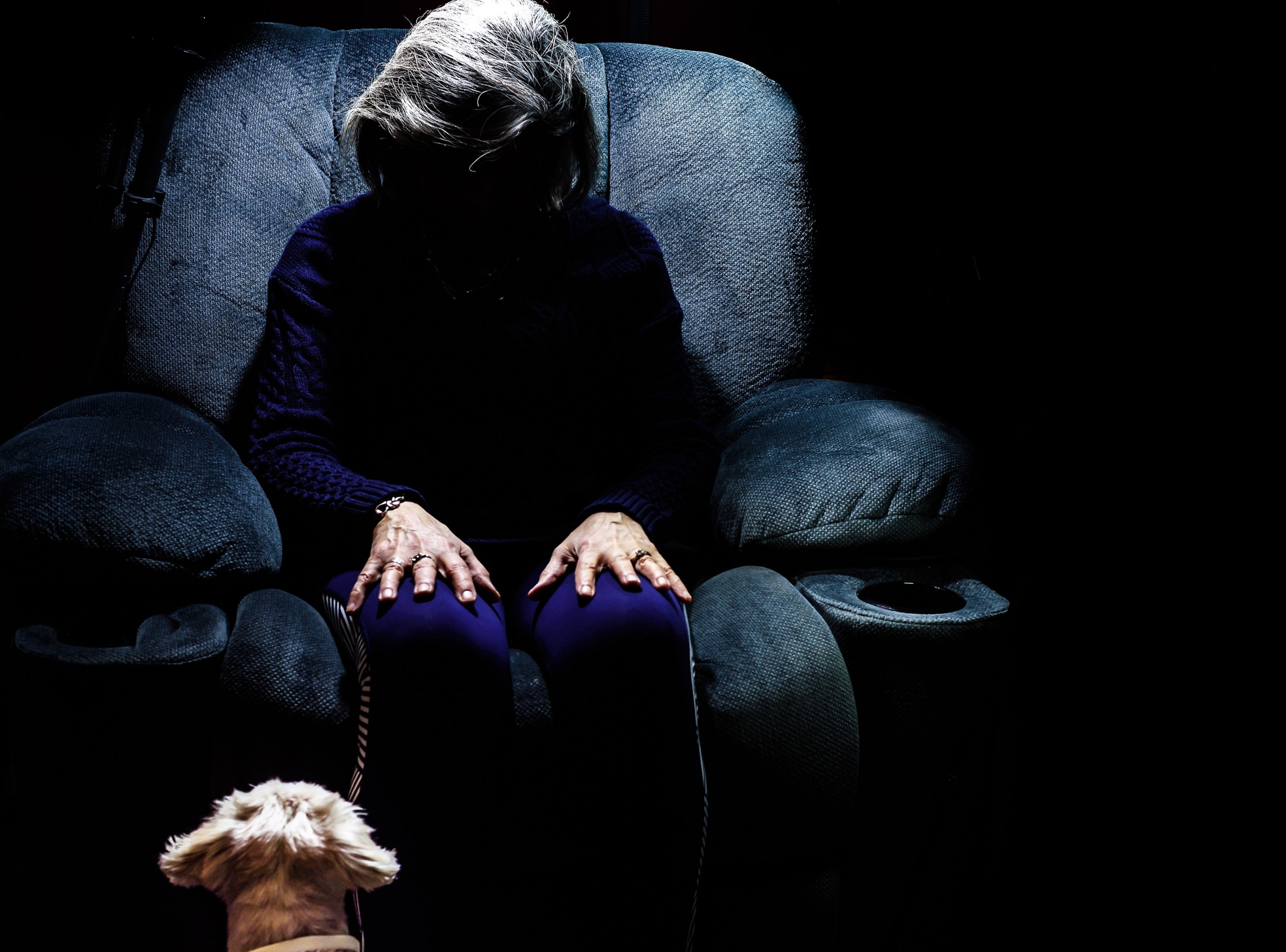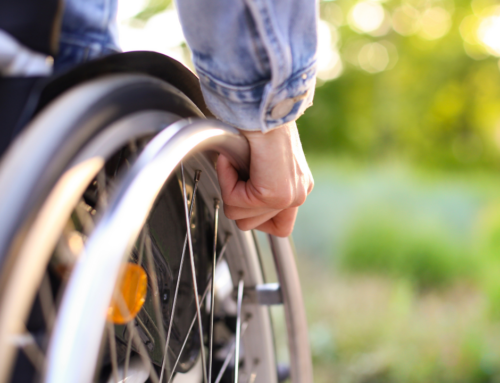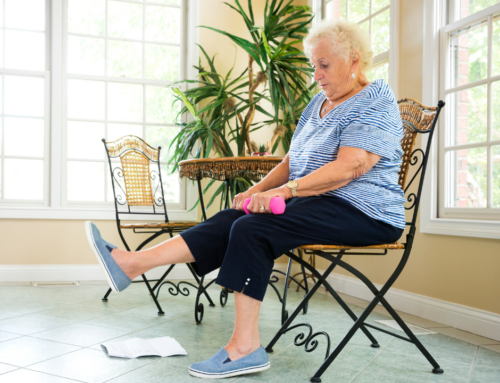As many Americans have learned in the past two years, social isolation can take a serious toll on people’s mental health. In seniors, the risks of loneliness and isolation are even greater. Read on to find out about the dangers of isolation in seniors and how people who find themselves withdrawing from their current communities can resolve this potentially serious problem.
What Is Social Isolation?
Before moving on, it’s worth taking the time to define a key term: social isolation. According to researchers, it can be defined as an absence of social interactions or interpersonal relationships on an individual level, often combined with a disconnect from society on a broader level. People who are socially isolated lack not just social but also emotional, physical, and psychological support, which can cause a wide array of problems.
How to Identify Socially Isolated Seniors
Unlike loneliness, which is subjective, social isolation is an issue that can be measured objectively. Adult children who want to know what to look for should consider the criteria below. If a parent or another loved one over the age of 65 meets at least two of them, he or she can be considered socially isolated.
- Living alone
- Having no close relatives nearby
- Never or rarely receiving visitors
- Having no or little contact with neighbors
- Never or rarely leaving the house
- Spending more than nine hours per day alone
- Having no telephone or never using the telephone
- Having nearest neighbors that are more than 50 yards away, or out of earshot
These criteria for isolation can cause physical and mental health problems regardless of whether the senior is subjectively upset by his or her living conditions. Seniors can be isolated without feeling lonely, but that doesn’t necessarily mean they won’t suffer the negative impacts of isolation.
Physical Health Risks of Isolation
Adults who are 50 or older are less likely to be in a state of general good health if they are socially isolated. Studies show that social isolation in older adults can increase the risk of:
- Dementia by 50%
- Heart disease by 29%
- Stroke by 32%
- Hospitalization by 68%
- Emergency room visits by 57%
- All-cause mortality by 50%
Mental Health Risks of Isolation
Older adults aren’t just in danger of experiencing adverse health outcomes when they are isolated from society. Isolated seniors are also more likely to develop problems with their mental health, including depression, anxiety, and suicidal ideation. Social isolation may also increase the rate of cognitive decline, with more isolated seniors suffering higher levels and faster progression of Alzheimer’s disease and other forms of dementia.
How to Help Socially Isolated Loved Ones
The good news for adult children of isolated seniors is that there are plenty of protective factors against loneliness and its subsequent mental and physical health effects. For those who are currently aging in place, a move to an assisted living community may offer greater opportunities for socializing with peers, engaging in meaningful interactions, and finding a sense of purpose. Assisted living communities also provide more opportunities for group activities and shared experiences.
It’s important to note here that not all seniors will be enthusiastic about moving to a new community. In fact, seniors struggling with subjective loneliness may be harder to convince than those who still feel connected to society because losing that sense of connection can change people’s perception of the world around them. Seniors experiencing chronic loneliness may feel threatened or mistrustful, which can make it harder to convince them to act in their own best interests.
The key here is to find a respectable, friendly senior living community in the area and learn about what it has to offer. Instead of just describing social isolation as being a problem or putting forth vague ideas about what might help, offer concrete evidence of its damaging impacts and a plan for mitigating them. The best place to start is by convincing lonely and/or isolated seniors to take a tour of a local community that offers plenty of opportunities for both socializing and independent living.
Find the Right Community
Adult children of seniors who are looking to improve their loved ones’ social lives while simultaneously ensuring ongoing safety and comfort have come to the right place. Orchard Park of Kyle in Kyle, Texas is one of the state’s leading senior living communities, offering not just assisted living and memory care services but also a wide range of amenities and, most importantly, a much-needed sense of community. Learn more about our community online or call (512) 920-6400 to schedule a tour.






